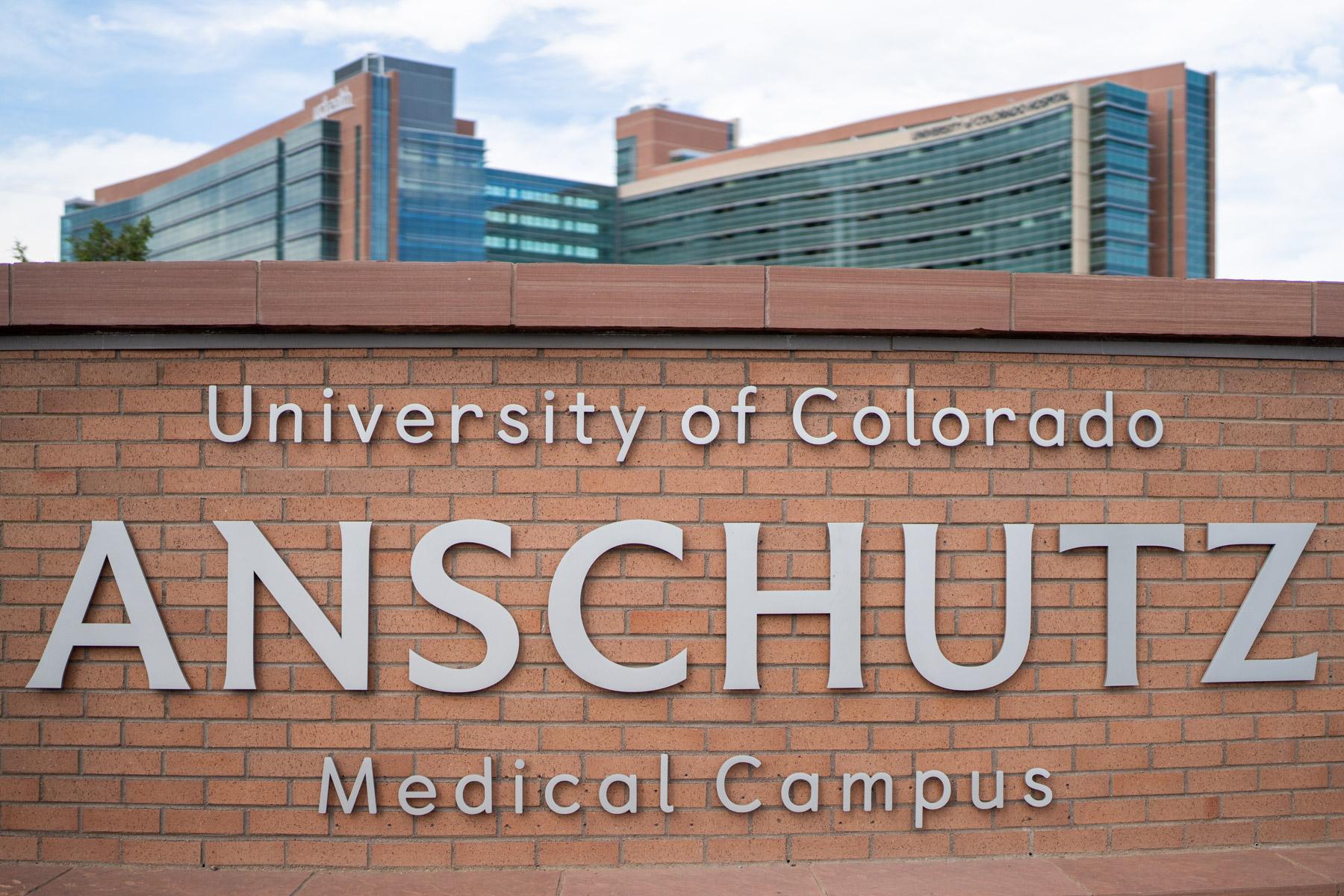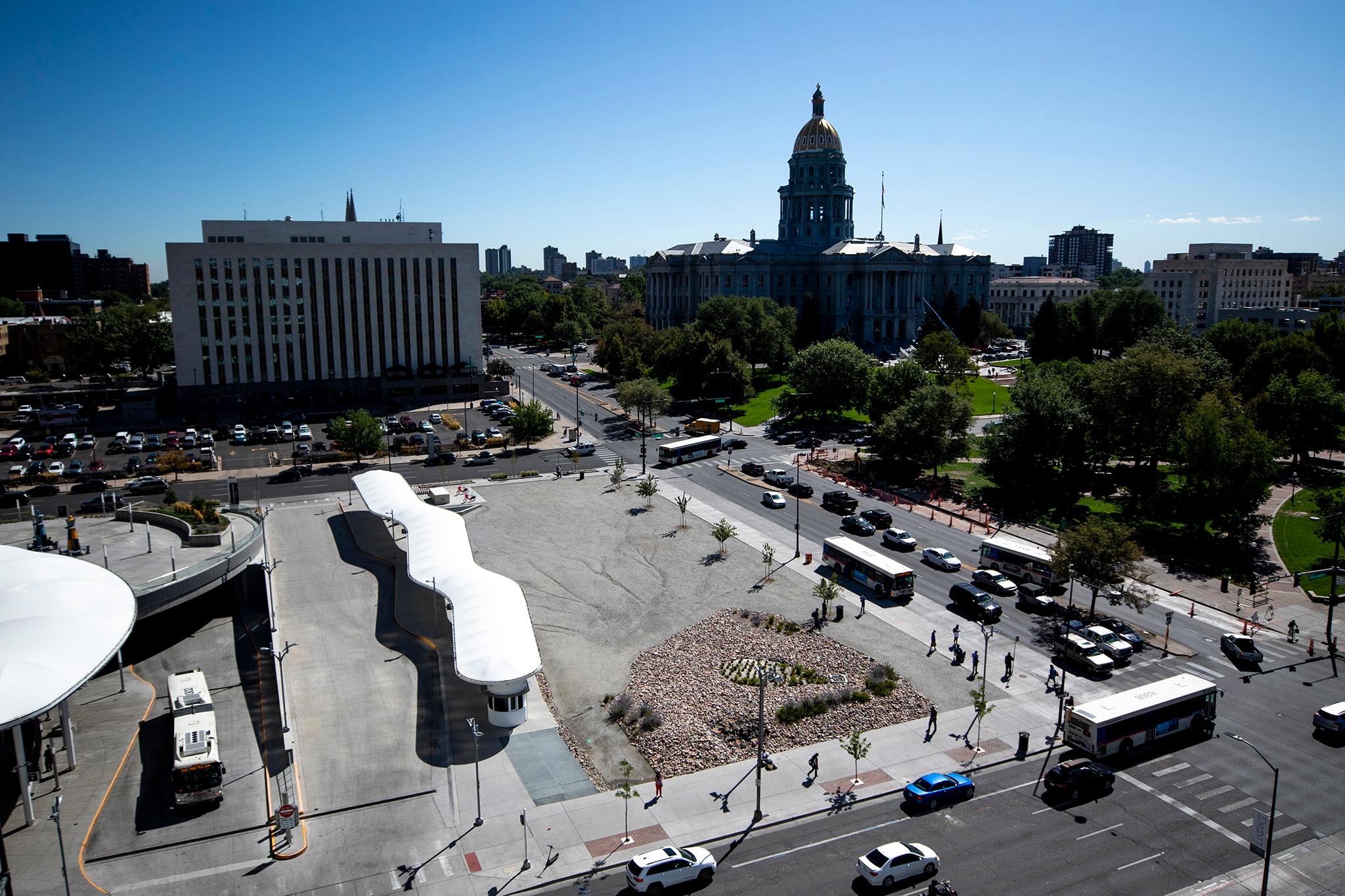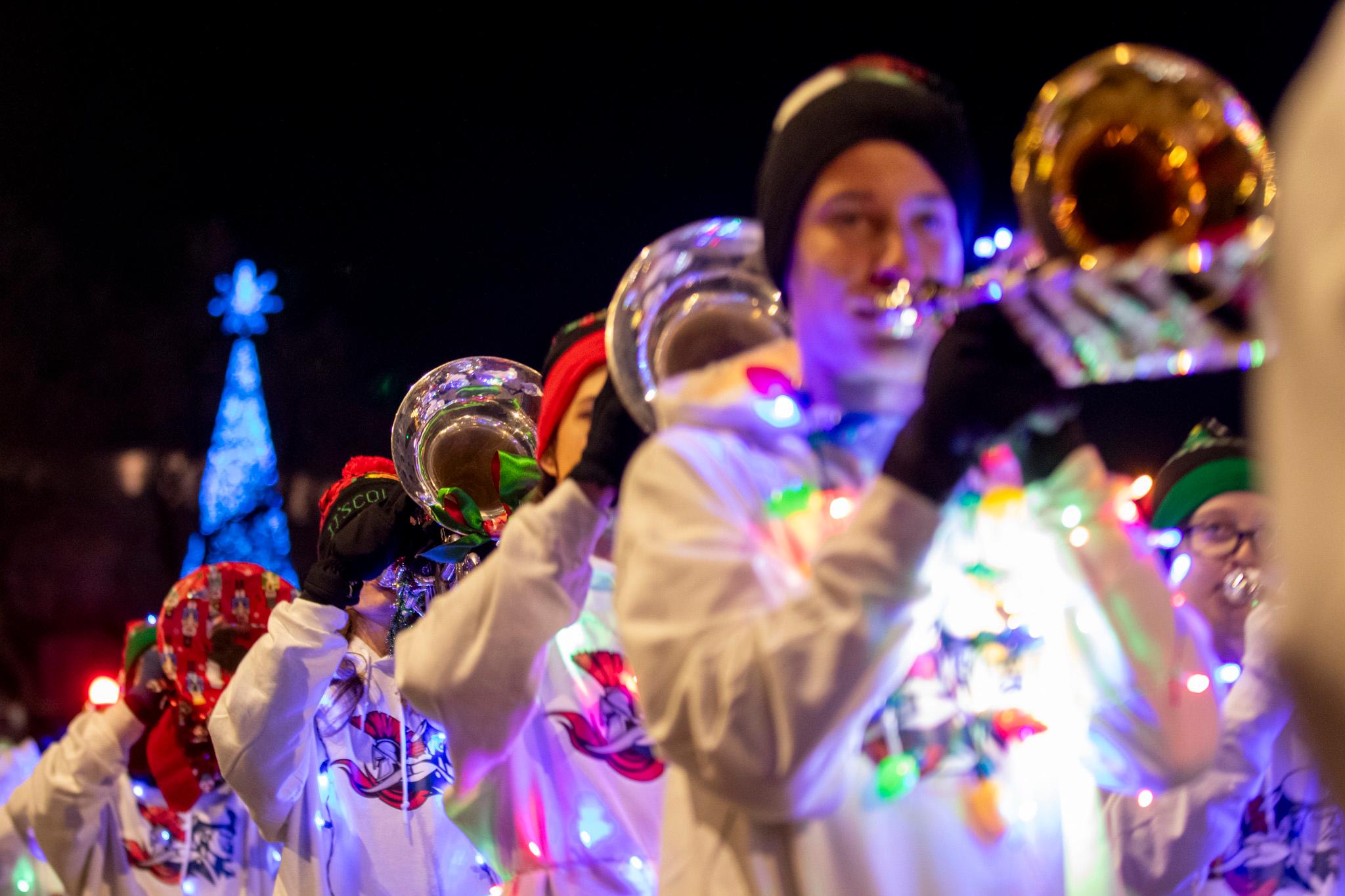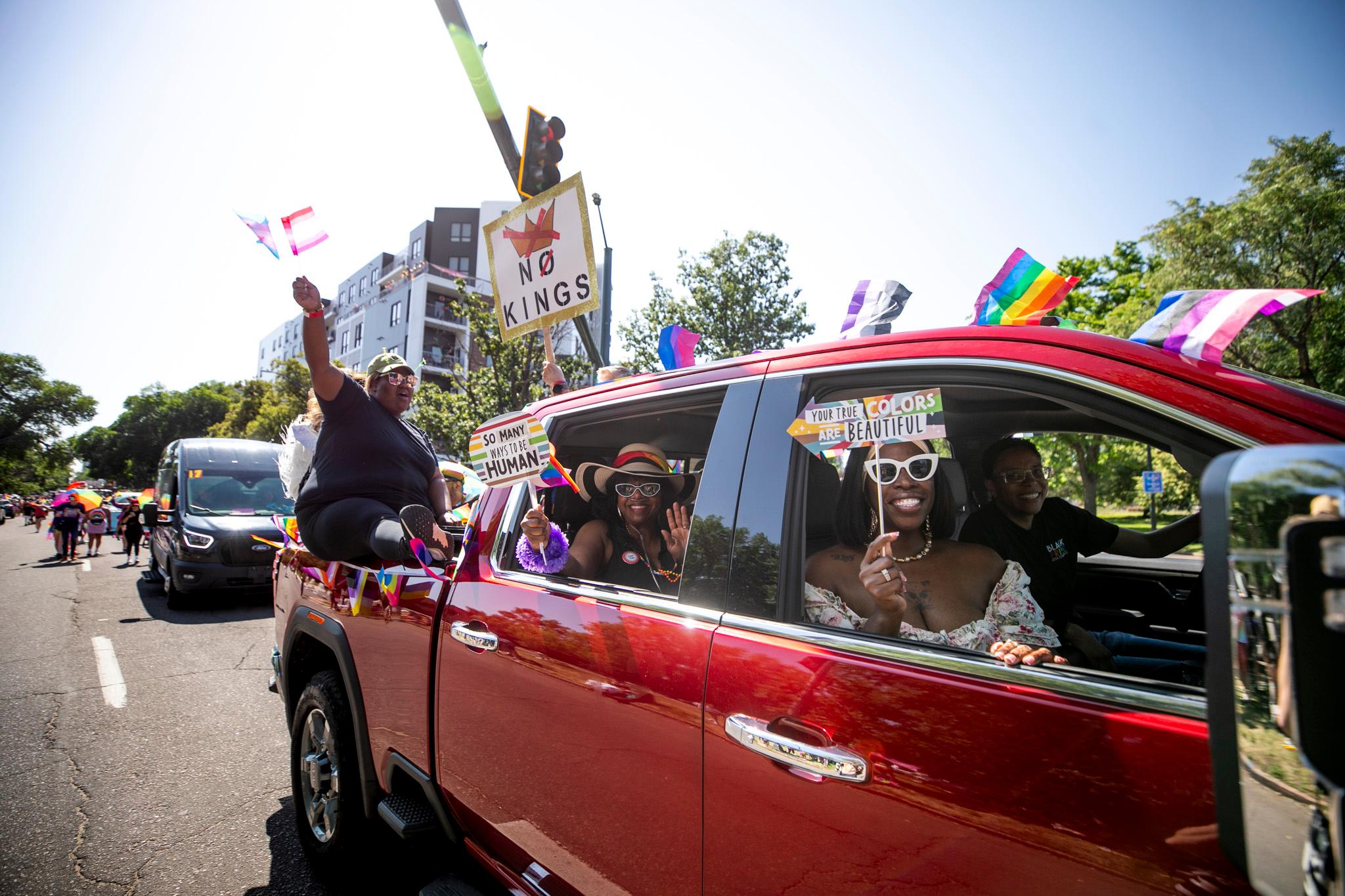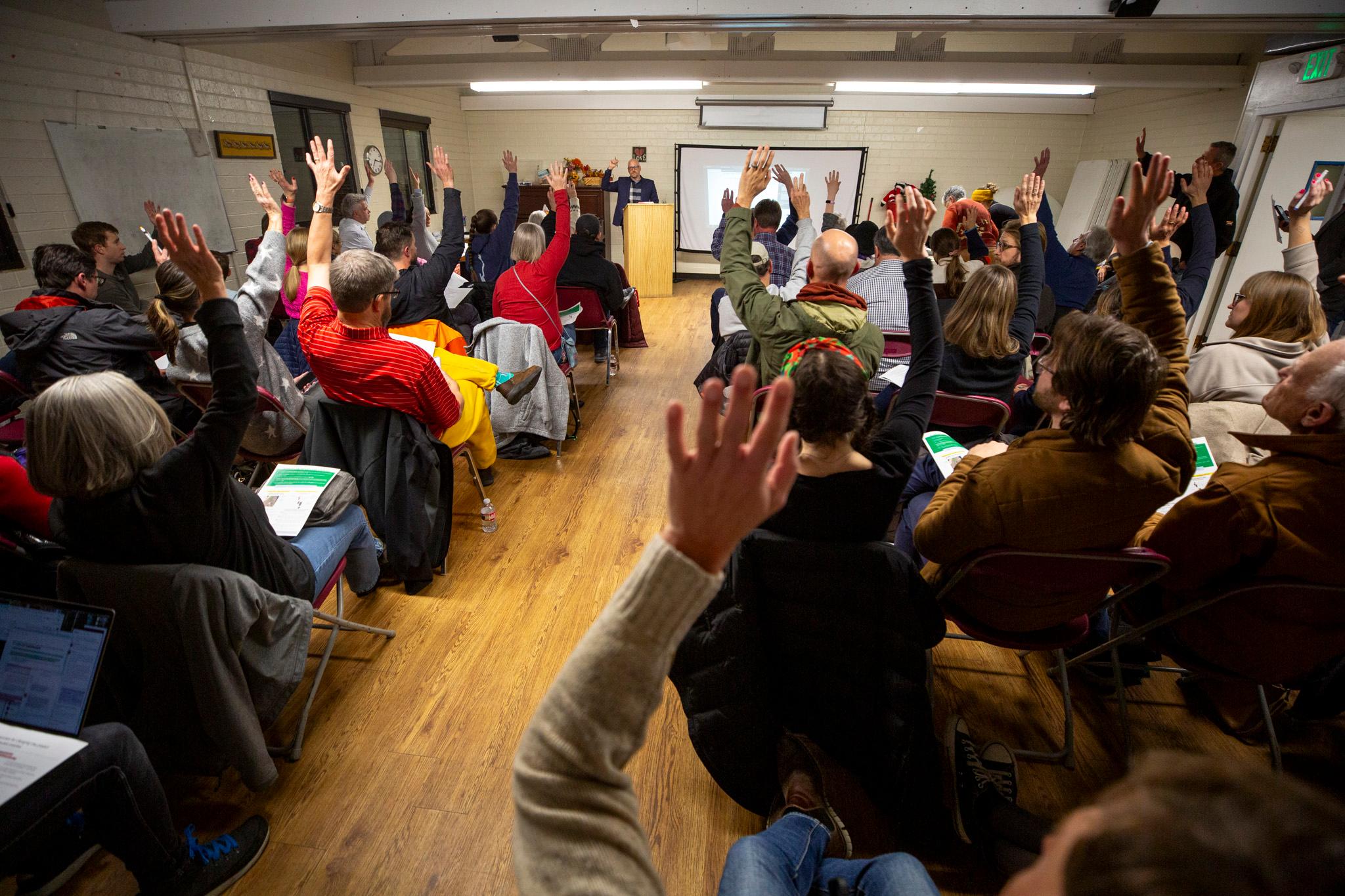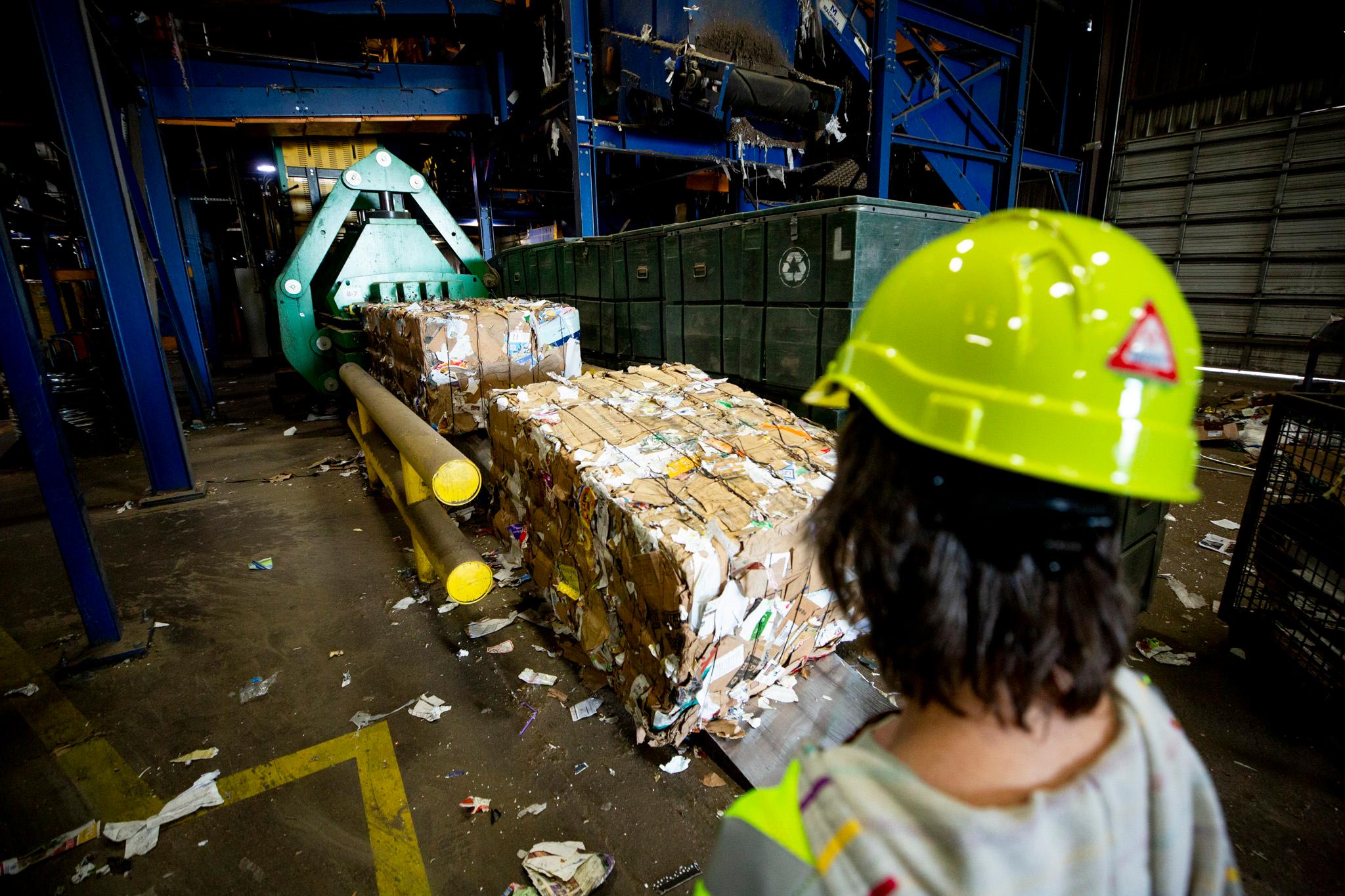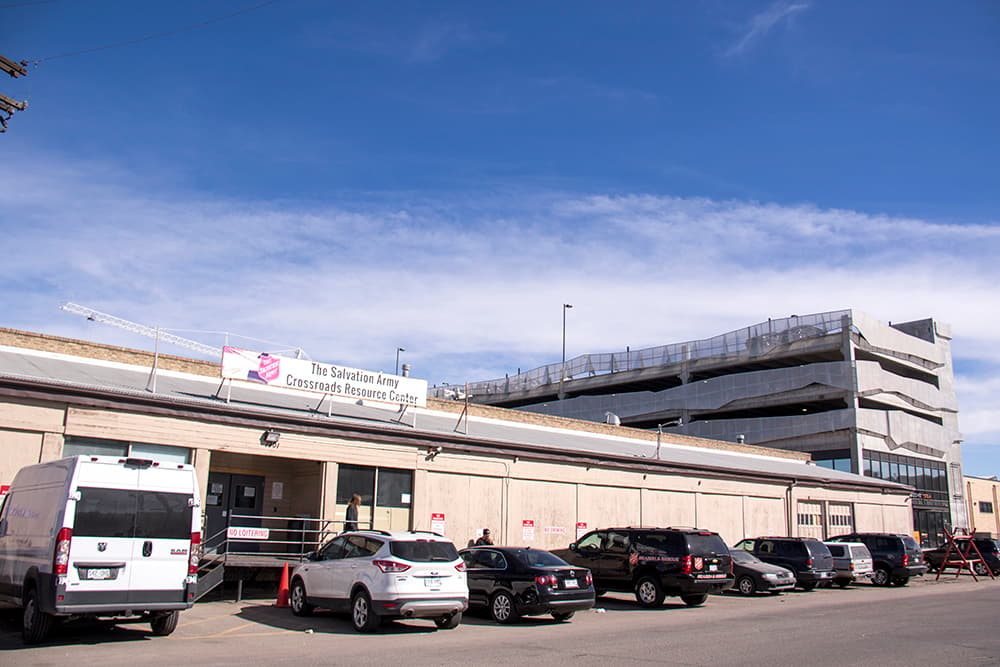
The Salvation Army has agreed to a city request that it improve the safety of its Crossroads shelter, a 62-year-old building where hundreds of people experiencing homelessness stay every night. The nonprofit estimates that it could cost $300,000 to replace temporary bathrooms, establish proper escape routes and install new fire sprinklers.
Here are the specific issues that city officials have raised with the Salvation Army, according to Denver Fire Department spokeswoman Melissa Taylor:
- Some fire sprinklers in the building have not been in compliance with National Fire Protection Association standards. Most or all have been replaced since the city's request, according to a Salvation Army spokesman.
- Parts of the building, including sleeping areas, have "inadequate egress," meaning people may have difficulty escaping in an emergency.
- "Portable restrooms" are being used inside the building. The city has asked these be replaced with permanent, standard toilets, lavatories and showers.
The bathroom and egress issues stem from the fact that an average of 650 people have been staying at the 42,000-square-foot shelter on nights this winter, a slight increase from previous years, according to spokesman George Hood, a major with the organization.
"We’ve got portable toilets simply because of the demand for it," Hood said. "It was seen as an alternative, but it’s not a good alternative."
The city and Salvation Army are cooperating to keep the shelter open while these issues are resolved, according to Taylor.
The city also is working with the shelter to determine how many people can safely stay at the shelter and how many should be bused to the overflow shelter on Peoria. The fire department has asked that the shelter be capped at 476 people per night.
That means 180 additional people may need to be bussed to the city's overflow shelter on Peoria Street. Currently, the city only has capacity to transport about 110 people.
"When we start shrinking the number down ... it’s going to put some more pressure on the backup shelter," Hood said. The city is working to accommodate that demand, according to Denver Human Services spokeswoman Julie Smith.
Denver has asked Crossroads to resolve the sprinklers issue within five business days from today while other deadlines range from 20 days to 18 months, according to Taylor. The city can extend those deadlines if progress is being made, she said.
The Crossroads center includes a mix of rental beds, which go for $59 a week, as well as free mats for nightly clients. The shelter is at 1901 29th St. It's open year-round for both unpaid overnight and paying weekly clients. The Salvation Army shut down the overnight component for a time in 2009, but later reversed course.
The organization now is committed to keeping the shelter open, Hood said, and will be working to organize financial resources for the fixes. The city has not yet offered direct aid on the project, he said.
"We’re committed to these homeless people. It’s not always pretty. It's difficult. It's challenging. But they’re human beings," Hood said. "We’ll figure out a way to make it happen. I think long term we would love to build a new state-of-the-art facility."
It's not uncommon for the city to work with service providers to improve conditions at facilities, according to Smith.
"Denver’s shelter system works to ensure that anyone who seeks shelter can find a safe, reliable place to sleep away from the streets," she wrote.

